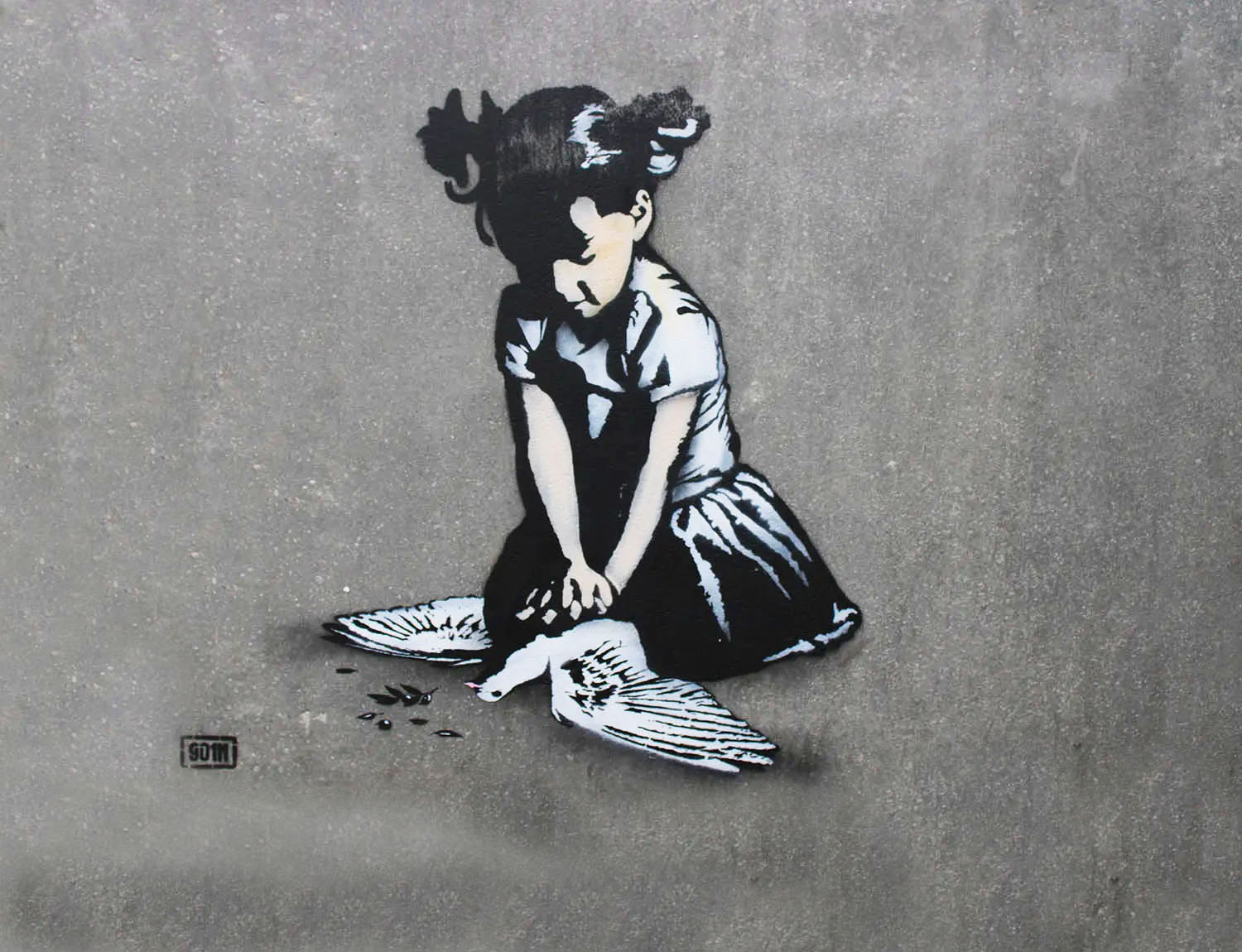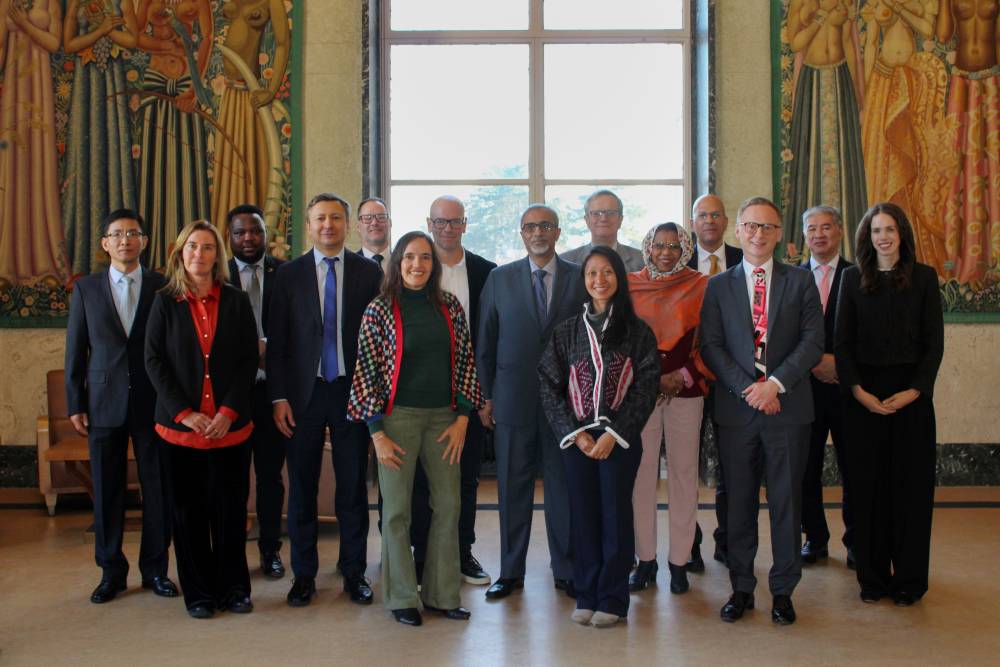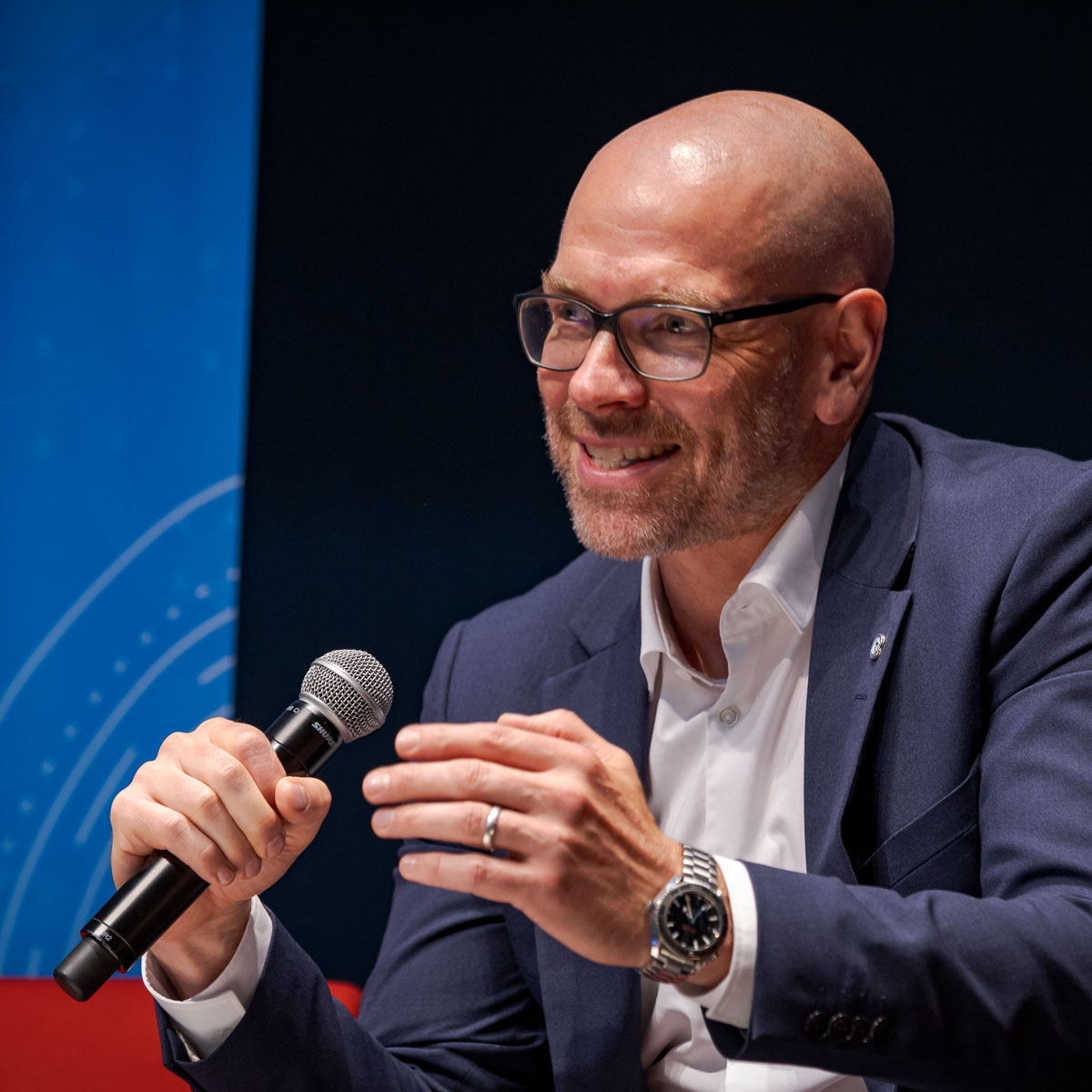- Home
- Who We Are
About UNIDIR
Building a more secure world.
The United Nations Institute for Disarmament Research (UNIDIR) is an autonomous institution within the United Nations that conducts independent research on pressing global challenges related to disarmament, arms control and international security.
For 45 years, we have been developing innovative ideas to tackle the most pressing security issues of our world. Our research expertise frames complex challenges in accessible ways and promotes an inclusive dialogue to find creative and effective solutions. Our work aims to provide the foundations for meaningful collective action towards a more secure world.
Our Mission
- We support UN Member States, the United Nations, the disarmament policy community and other stakeholders in identifying and advancing ideas and practical actions that contribute to a sustainable and peaceful world.
- We facilitate diplomatic dialogues and multi-stakeholder discussions, we act as a bridge-builder between diverse communities and develop tools to enhance transparency and confidence building between Member States.
- Through our research, advisory and knowledge-building function we contribute to the shaping of the 21st century multilateral arms control and disarmament architecture.

Our Vision
UNIDIR’s vision is a world in which States and peoples are protected from armed conflicts, existential risks and technology-related threats to global security.

UNIDIR’s Board of Trustees
As per UNIDIR’s Statute, the Institute is governed by the Advisory Board on Disarmament Matters. The Board oversees the activities and operations of the Institute, including financial matters. It reviews UNIDIR’s annual work plan and budget before reporting to the General Assembly.

Recent Board of Trustees’ Reports
Members of the Board
UNIDIR’s Director
The Director is appointed by the Secretary-General of the United Nations, after consultations with the Board. The Director has overall responsibility for the organization, direction and administration of the Institute, in accordance with general directives formulated by the Board.
UNIDIR’s Director is Dr Robin Geiss, who has been leading the Institute since April 2021.
The Director submits an annual report to the UN General Assembly, describing in detail the functioning and impact of the Institute. It includes specifically:
- the activities of the previous year
- the programme of work and financial plan of the current year
- the proposed programme of work and financial plan for the following year
